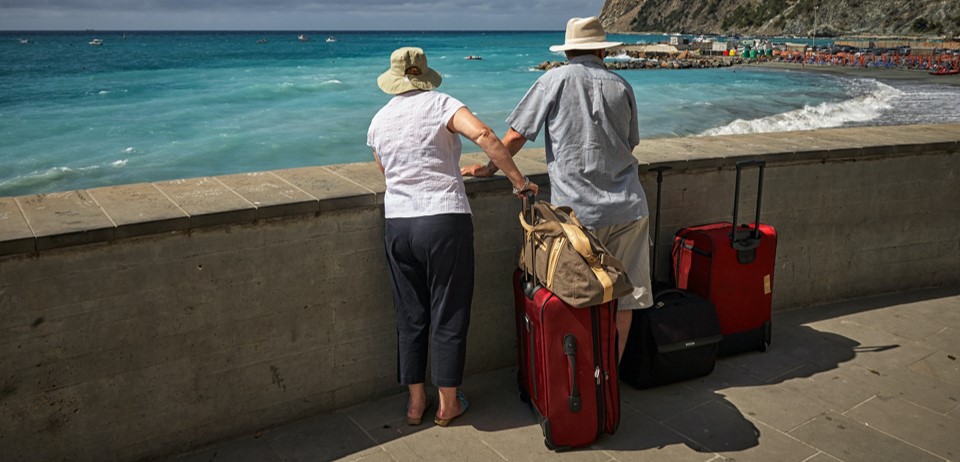● Completed Schengen visa application form(s) (children's applications must be filled out by parent or guardian). You can download the form here from shengenvisainfo.com.
● Recent passport photos (glued to the applicable area of visa application form); must be high quality, unedited, and taken against a plain background.
● Covering letter - detailing your arrival and departure dates, and your itinerary.
● Proof of funds - This should take the form of bank or credit card statements (covering 3 months); payslips; purchased foreign currency; or other documents proving ability to cover costs of your travels in the Schengen zone. Some Schengen nations stipulate how much you need per day, while others regulate it on a case-by-case basis. These minimum amounts vary from country to country, and additionally might vary based on the type of accommodation you plan to stay in, or if you are under 18 or not. As a rule of thumb, a 100 euros per day will be sufficient for most Schengen countries, but you can check country-specific sums here from shengenvisainfo.com.
● Flight reservations proof - inbound and return.
● Proof of accommodation for the period of your intended stay in the Schengen area.
● Proof of payment of visa fee (60 euros/96 Singapore dollars).

















